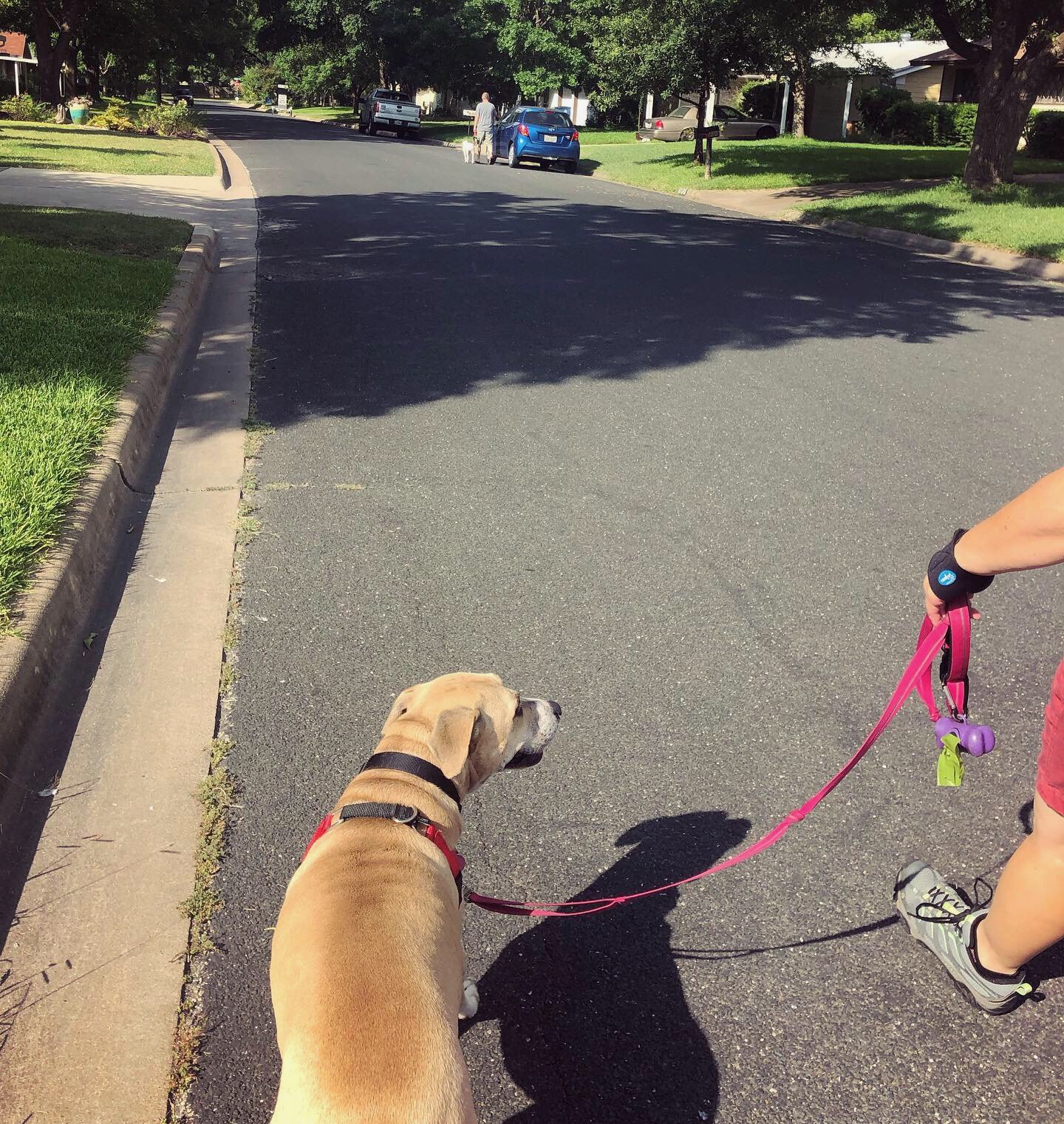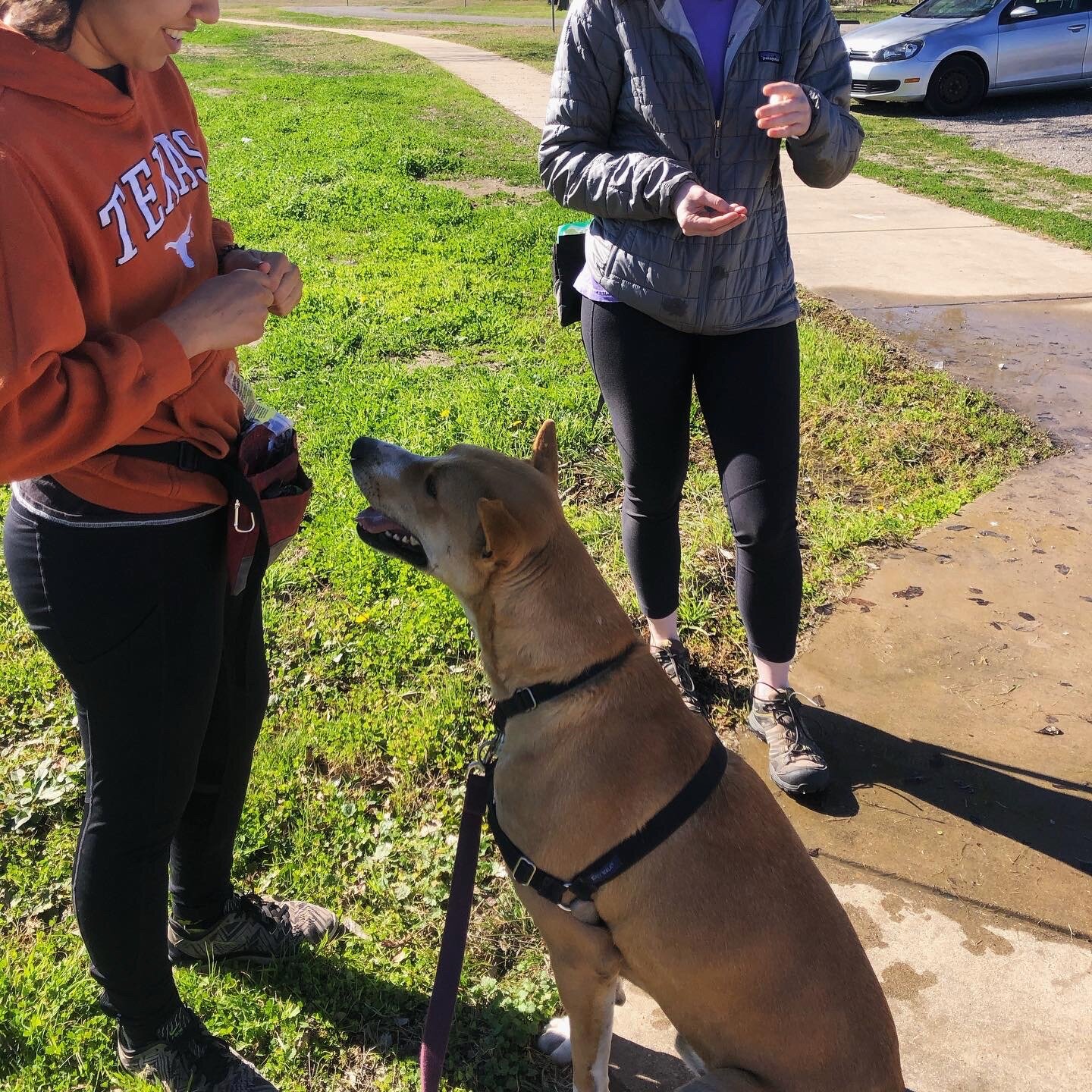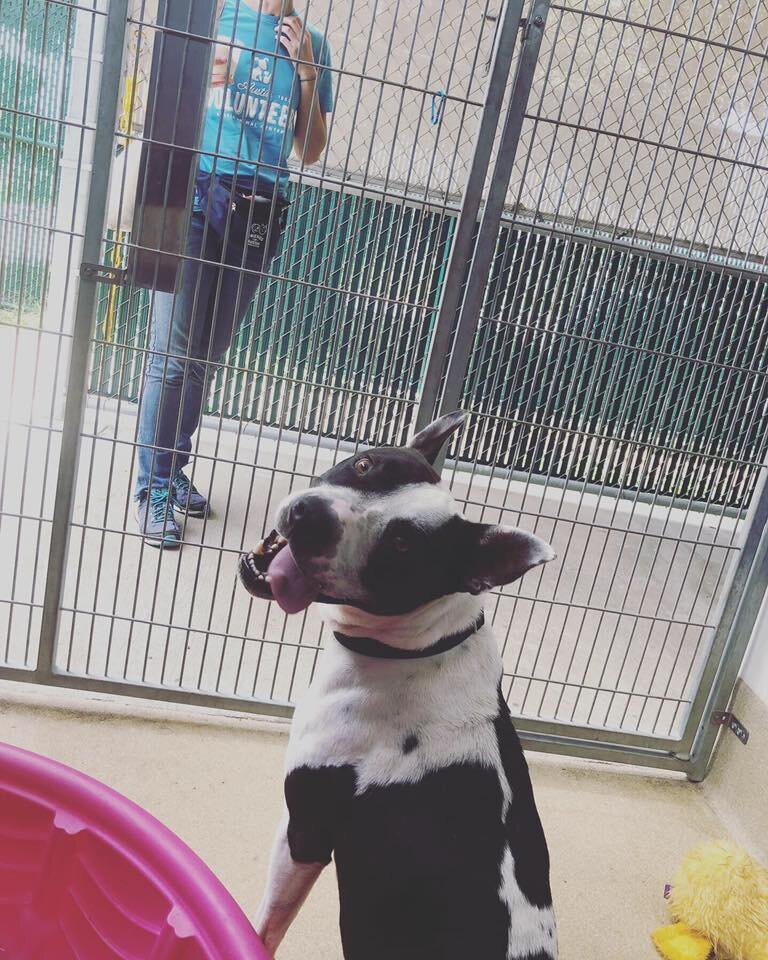
Blog

What Does Generalization Mean in Dog Training?
n dog training terms, generalization means a dog is able to perform a behavior and/or to experience an associated emotional response across different contexts.

Neuroplasticity and Behavior Change
If you’re wondering whether neuroplasticity really is important to dog training, it absolutely is. And taking a minute to give this post a read might help you better understand a big part of the why behind your dog’s training plan.

Self-Care and Sustainable Practice for Dog Pros
For a lot of us, dog training is our dream job. A passion since childhood turned into a livelihood. Sometimes it’s even the job we left that other more stressful job to do! Many of us are our own bosses. We make our own schedules. We get to hang out with dogs all day. So how in the heck could this be stressful?!

Create a Comfort Area For Your Dog
Do you have a dog who would benefit from having their own space in certain situations? Create a comfort area for them!
A comfort area can help ensure safety, prevent a dog from practicing unwanted behaviors or an emotional state we’re trying to change, and create a better & more successful experience for everyone.

Dog Bites and What We Can Do to Prevent Them

Using Food in Dog Training
So why should you use food in training? In short, it is the single most effective and adaptive training tool you have.

Front Loading the Work
In a nutshell, this means we meet the dog where they really and truly are in the training process and progress at the pace they need us to in order for learning and behavior change to be successful.

Preventing Behavior Issues During a Pandemic
So what can we be doing to make the most of this time with our dogs while setting them up to succeed when we emerge from shelter in place and social isolation protocols?

The Emotional Lives of Shelter Dogs, Part Two
The importance of the connection between shelter dogs and the individuals caring for them cannot be overstated. What happens within these relationships sets the tone for day to day shelter life and what possibilities it does, or does not, hold.

The Emotional Lives of Shelter Dogs, Part One
What is discussed somewhat less often are the emotional lives of shelter dogs. Dogs in shelters spend far too much of their time alone, with little to do. Their lives are more stressful and frustrating than is natural, acceptable, or necessary.
